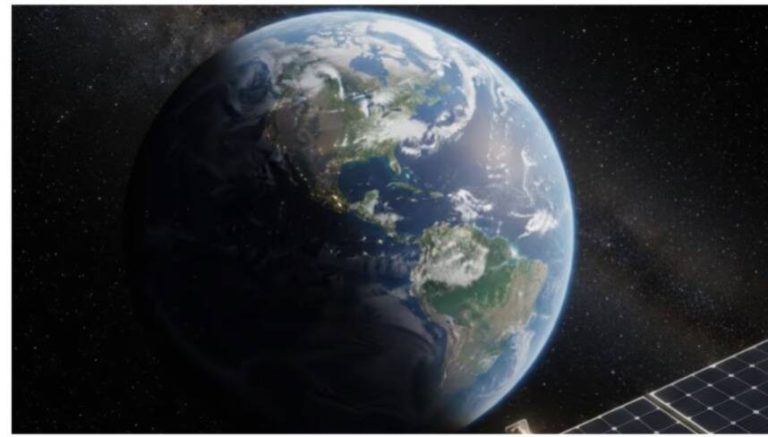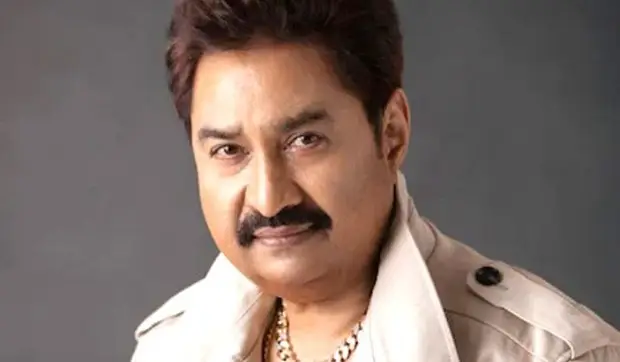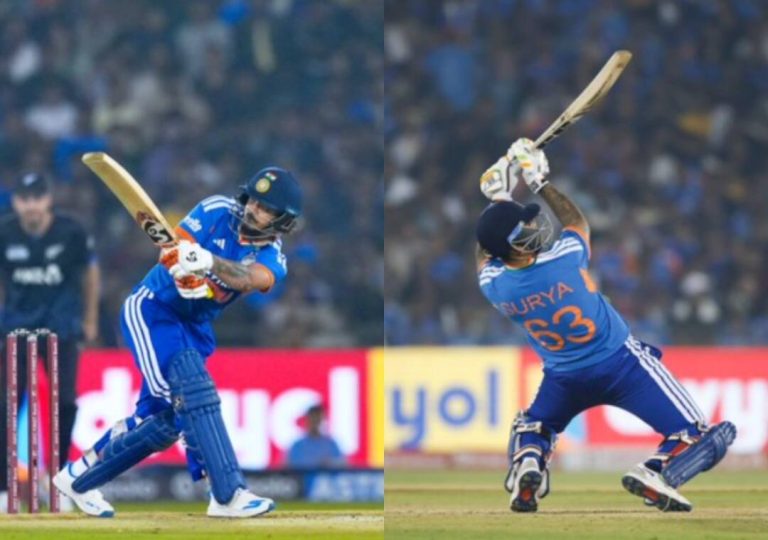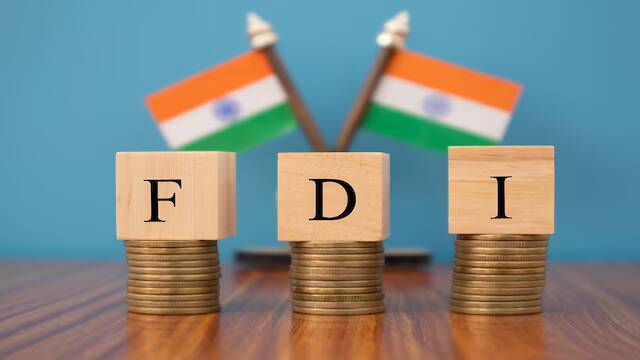
Australian teens ask nation’s top court to block social media ban
In a landmark move, a group of Australian teenagers has taken their country’s government to the highest court in the land, challenging a newly introduced law that bans children under the age of 16 from using social media. The constitutional challenge, filed in the High Court of Australia, aims to block the implementation of the world-first law, which is set to take effect in just a few weeks’ time.
The campaign group Digital Freedom Project has initiated the proceedings, with two 15-year-olds, Noah Jones and Macy Neyland, named as plaintiffs in the case. The group argues that the law, which prohibits social media companies from allowing children under 16 to create accounts or access their platforms, is a breach of the Australian Constitution and the rights of young people to freedom of expression and access to information.
The law, which was passed by the Australian government earlier this year, is intended to protect children from the potential harms of social media, including cyberbullying, online harassment, and exposure to inappropriate content. However, critics argue that the law is overly broad and will have a disproportionate impact on young people, who rely on social media to connect with their peers, access information, and express themselves.
The Digital Freedom Project, which is backed by a number of civil liberties and human rights organizations, claims that the law is a violation of the Australian Constitution’s implied freedom of political communication. The group argues that social media is a vital platform for young people to engage in public debate, access information, and participate in the democratic process, and that the law will unfairly restrict their ability to do so.
Noah Jones and Macy Neyland, the two 15-year-olds who have been named as plaintiffs in the case, are both active social media users who rely on platforms like Instagram, TikTok, and Facebook to connect with their friends and stay up-to-date with current events. In a statement, Jones said: “I use social media to stay in touch with my friends, to follow my favorite sports teams, and to stay informed about what’s going on in the world. I don’t see why the government should be able to tell me what I can and can’t do online.”
Neyland added: “Social media is a big part of my life, and I don’t think it’s fair that the government is trying to take that away from me. I’m old enough to make my own decisions about what I do online, and I don’t need the government to protect me from myself.”
The case is set to be heard in the High Court of Australia in the coming weeks, and is likely to be closely watched by civil liberties and human rights organizations around the world. The outcome of the case will have significant implications for the rights of young people in Australia, and could potentially set a precedent for other countries to follow.
The Australian government has defended the law, saying that it is necessary to protect children from the potential harms of social media. However, critics argue that the law is a heavy-handed approach that will do more harm than good. They argue that the government should be working to educate young people about how to use social media safely and responsibly, rather than trying to ban them from using it altogether.
As the case makes its way through the courts, it is clear that the issue of social media use by young people is a complex and contentious one. While there are valid concerns about the potential risks of social media, there are also significant benefits to be gained from allowing young people to access and use these platforms.
Ultimately, the decision of the High Court of Australia will have a major impact on the lives of young people in Australia, and will set an important precedent for the rights of young people in the digital age. As the world watches with interest, one thing is clear: the battle for the rights of young people in the digital age has only just begun.






